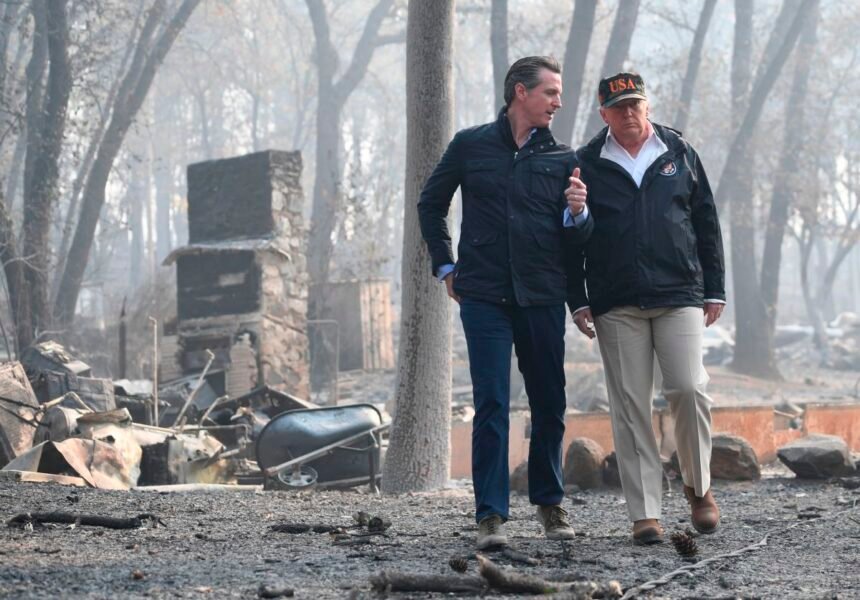Climate change is exerting its impact across the United States, reshaping ecosystems, weather patterns, and communities. In the West, prolonged droughts have become more frequent, straining water resources and escalating the risk of wildfires. Coastal regions face rising sea levels, intensifying storm surges, and increased flooding. In the Midwest, changing precipitation patterns are affecting agriculture, altering growing seasons and crop yields.
The impact extends beyond the environment, affecting human health and well-being. Heatwaves are becoming more severe, posing risks to vulnerable populations, particularly in urban areas. The spread of infectious diseases is influenced by changing temperatures, affecting the distribution of disease-carrying vectors like mosquitoes and ticks.
In the Western United States, prolonged droughts are tightening their grip, pushing water resources to the brink and fueling devastating wildfires. The once-predictable cycles of precipitation are shifting, impacting agriculture and amplifying the risk of water scarcity
Economically, extreme weather events and long-term climate shifts pose significant challenges. The increased frequency and intensity of hurricanes, for example, have devastating effects on infrastructure, leading to costly recovery efforts and disruptions to local economies. Agriculture faces disruptions due to shifting climate patterns, impacting food production and supply chains.
Communities are grappling with the need for adaptation and resilience measures. This includes upgrading infrastructure to withstand extreme weather events, implementing sustainable land-use practices, and developing strategies for water management in the face of changing precipitation patterns.
Addressing climate change requires coordinated efforts at local, state, and national levels. The U.S. must transition towards renewable energy sources, invest in green technologies, and implement policies that mitigate greenhouse gas emissions. International cooperation is also crucial, as climate change is a global challenge that demands a collective response.
Climate change is a multifaceted challenge impacting every corner of the United States. The consequences are far-reaching, affecting the environment, economy, and the well-being of communities. Urgent and comprehensive action is needed to mitigate these effects and build a more sustainable and resilient future.
